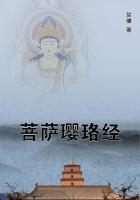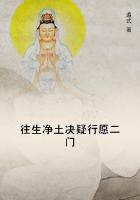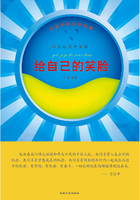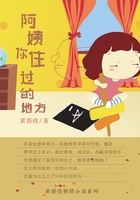6), "a man may be said to have attained so far forth the use of reason as sufficeth to make him capable of those laws whereby he is then bound to guide his actions; this is a great deal more easy for sense to discern than for any one, by skill and learning, to determine."
62. Commonwealths themselves take notice of, and allow that there is a time when men are to begin to act like free men, and therefore, till that time, require not oaths of fealty or allegiance, or other public owning of, or submission to, the government of their countries.
63. The ******* then of man, and liberty of acting according to his own will, is grounded on his having reason, which is able to instruct him in that law he is to govern himself by, and make him know how far he is left to the ******* of his own will. To turn him loose to an unrestrained liberty, before he has reason to guide him, is not the allowing him the privilege of his nature to be free, but to thrust him out amongst brutes, and abandon him to a state as wretched and as much beneath that of a man as theirs. This is that which puts the authority into the parents' hands to govern the minority of their children. God hath made it their business to employ this care on their offspring, and hath placed in them suitable inclinations of tenderness and concern to temper this power, to apply it as His wisdom designed it, to the children's good as long as they should need to be under it.
64. But what reason can hence advance this care of the parents due to their offspring into an absolute, arbitrary dominion of the father, whose power reaches no farther than by such a discipline as he finds most effectual to give such strength and health to their bodies, such vigour and rectitude to their minds, as may best fit his children to be most useful to themselves and others, and, if it be necessary to his condition, to make them work when they are able for their own subsistence; but in this power the mother, too, has her share with the father.
65. Nay, this power so little belongs to the father by any peculiar right of Nature, but only as he is guardian of his children, that when he quits his care of them he loses his power over them, which goes along with their nourishment and education, to which it is inseparably annexed, and belongs as much to the foster-father of an exposed child as to the natural father of another.
So little power does the bare act of begetting give a man over his issue, if all his care ends there, and this be all the title he hath to the name and authority of a father. And what will become of this paternal power in that part of the world where one woman hath more than one husband at a time? or in those parts of America where, when the husband and wife part, which happens frequently, the children are all left to the mother, follow her, and are wholly under her care and provision? And if the father die whilst the children are young, do they not naturally everywhere owe the same obedience to their mother, during their minority, as to their father, were he alive? And will any one say that the mother hath a legislative power over her children that she can make standing rules which shall be of perpetual obligation, by which they ought to regulate all the concerns of their property, and bound their liberty all the course of their lives, and enforce the observation of them with capital punishments?
For this is the proper power of the magistrate, of which the father hath not so much as the shadow. His command over his children is but temporary, and reaches not their life or property. It is but a help to the weakness and imperfection of their nonage, a discipline necessary to their education. And though a father may dispose of his own possessions as he pleases when his children are out of danger of perishing for want, yet his power extends not to the lives or goods which either their own industry, or another's bounty, has made theirs, nor to their liberty neither when they are once arrived to the enfranchisement of the years of discretion. The father's empire then ceases, and he can from thenceforward no more dispose of the liberty of his son than that of any other man. And it must be far from an absolute or perpetual jurisdiction from which a man may withdraw himself, having licence from Divine authority to "leave father and mother and cleave to his wife."
66. But though there be a time when a child comes to be as free from subjection to the will and command of his father as he himself is free from subjection to the will of anybody else, and they are both under no other restraint but that which is common to them both, whether it be the law of Nature or municipal law of their country, yet this ******* exempts not a son from that honour which he ought, by the law of God and Nature, to pay his parents, God having made the parents instruments in His great design of continuing the race of mankind and the occasions of life to their children. As He hath laid on them an obligation to nourish, preserve, and bring up their offspring, so He has laid on the children a perpetual obligation of honouring their parents, which, containing in it an inward esteem and reverence to be shown by all outward expressions, ties up the child from anything that may ever injure or affront, disturb or endanger the happiness or life of those from whom he received his, and engages him in all actions of defence, relief, assistance, and comfort of those by whose means he entered into being and has been made capable of any enjoyments of life. From this obligation no state, no *******, can absolve children. But this is very far from giving parents a power of command over their children, or an authority to make laws and dispose as they please of their lives or liberties. It is one thing to owe honour, respect, gratitude, and assistance; another to require an absolute obedience and submission. The honour due to parents a monarch on his throne owes his mother, and yet this lessens not his authority nor subjects him to her government.

